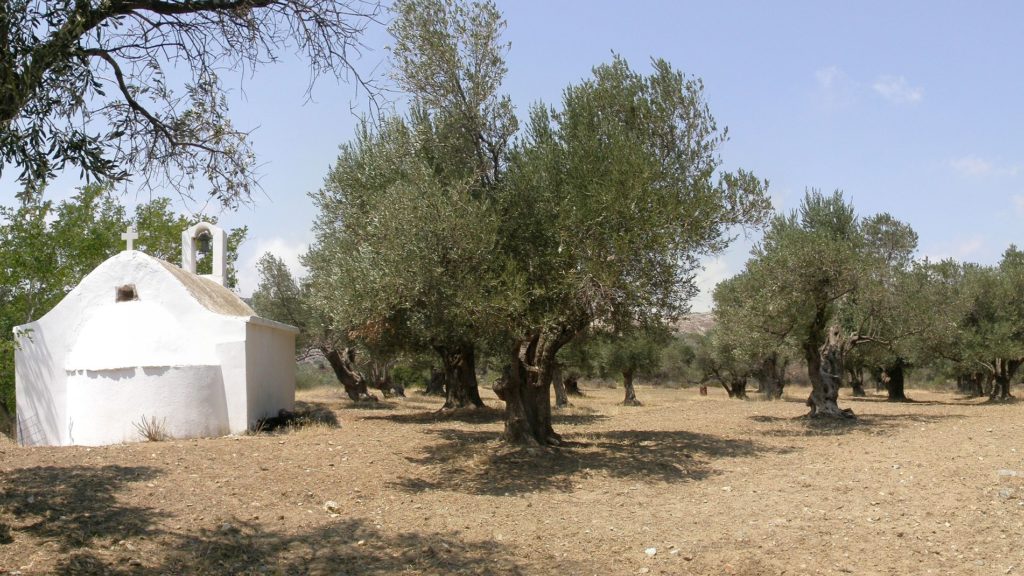Where it is Covid-19 for humans a new study suggests that there is an untreatable pestilence that is posing a serious threat to the olive-producing countries of southern Europe which produce 95% of the region’s olives.
A study by scientists of the University of Wageningen in the Netherlands has found that if it is not halted, the spread of the the olive tree killer bacteria Xylella fastidiosa could cost Greece up to €2 billion, Italy €5.2 billion and Spain a staggering €16.9 billion over the next 50 years.
The study has found that even if resistant cultivars are planted to slow down the spread of the disease the future impact on the three nation’s economies would still run into billions of euros.
The study also predicts that the price of olive oil is likely to rise across Europe because of expcted reductions in supply and also because of the measures that need to be taken to protect olive groves.
The disease was first detected in Italy in 2013 and it has spread rapidly through southern Europe. In France it was first it was first identified in 2015 in Corsica and the Provence-Alpes-Côte d’Azur region. In Spain, where it was first detected the following year, more than 134,000 hectares have been affected.
READ MORE: The world’s oldest olive tree and it’s Anzac connection
The Italians have lost between €0.21 billion and €0.61 billion in investments because of the loss of trees to the Xylella bacteria.
The leaves of trees affected by the Xylella bacteria appear scorched and the branched are dry and deteriorate rapidly. In the most severe cases the tree dies. There is no known way of halting this disease.









